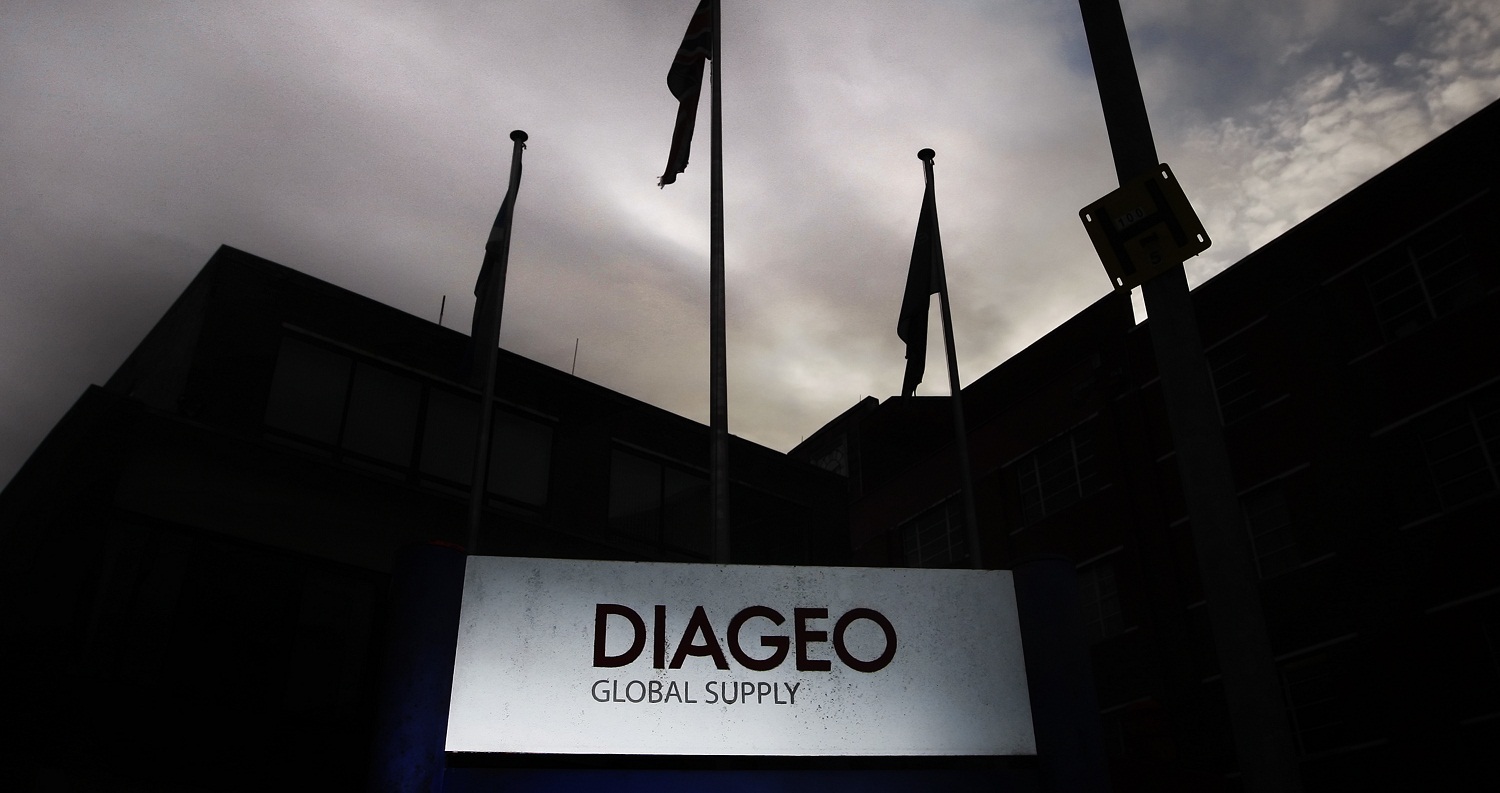When the head of procurement of Scottish agriculture’s biggest customers speaks, it makes sense to listen.
Fortunately the news imparted by Diageo’s Angus Duncan to the Farming Scotland conference at Carnoustie was mostly positive, but there were warnings about the need for continued competitiveness.
Diageo’s footprint in Scotland is certainly huge with, for example, 20m cases of Johnny Walker whisky exported annually.
Beyond that, the company operates 28 malt distilleries, one wholly-owned grain distillery at Cameronbridge in Fife, and various bottling and packaging plants.
As a signal of its intent to grow the Scotch whisky market Diageo has invested £1 billion in the last three or four years, including an £86 million bottling hall at Leven and a £100m expansion at Cameronbridge incorporating an anaerobic digestor for turning co-product, essentially draff, into energy.
Of the total, £0.5bn of the investment is in maturing stocks of whisky. The demand for premium whiskies was expected to expand in the emerging markets, with an extra one billion people likely to be prosperous enough to buy them a decade from now.
For the farmers in the 140-strong Carnoustie audience, of course, the major interest is in the company’s use of cereals.
Mr Duncan is responsible for purchasing 200,000 tonnes of raw malting barley, 60,000 tonnes of malt from third parties, and 220,000 tonnes of wheat for spirit production.
All of the wheat used is Scottish, but only about 85% of the malted barley, so there are opportunities to fill a gap.
“We need particular types for pot-still use, and also HDP (high enzyme) barley for some processes, and these are impossible to source in Scotland and come instead from Scandinavia.
“I am not convinced that there is enough research being carried out on new varieties,” Mr Duncan said.
He warned that there is no room for complacency but said that, as long as Scotland remained competitive, which it definitely was at the moment, Diageo would continue to produce here.
“Scotch whisky has to be distilled in Scotland, but fortunately it is economic to bottle it here, too,” he added.
Avoiding answering questions on the political situation in Scotland, Mr Duncan said Diageo would operate in Scotland whatever happened. “We will work with whoever is in power, but retaining competitiveness remains key,” he said diplomatically.
Mr Duncan had already pointed to the impact of tax on a bottle of whisky. A one-litre bottle of Bells retailed in Asda at £18, but £14.29 of that had to cover tax and duty, leaving only £3.71 to cover all costs. Among these costs, of course, is the price of cereals and again global competitiveness was key. Quality and assurance of supply came first, but the price had to reflect the global market.
“The minute the domestic price goes out of line, the less whisky will be produced here and it will be the start of a downward spiral,” Mr Duncan warned.
“We offer three-year rolling contracts for malting barley based on a premium over the LIFFE November wheat futures market. The farmer can lock in at any stage in the season, and last year the premium was £30 per tonne.
“I don’t expect a huge change this year.”
The company was also offering five-year contracts for wheat through three Scottish merchants, but not on a rolling basis.
Mr Duncan added: “Remember, we are not asking for prices below global levels. We are not here to give you a hard time. The reality is that Scotland leads the world, and we want to work with you.”
However, Arbroath farmer Ian Stirling asked why Diageo had moved to 90-day payment terms.
Mr Duncan replied: “That is not absolute. Our preference is to move to 90 days, but we are not forcing anyone.
“We are having a lot of discussions with suppliers. For example, they can be paid in 10 days but will be charged interest at 1% over Libor .”
* The recent investment in bio-energy at Cameronbridge distillery does reduce the amount of draff available for animal feed, admitted Mr Duncan.
Despite this, the total supply of this valuable commodity had in fact increased because of greater spirit production across the company.
Currently, draff was being sent south, with Scottish supply exceeding demand.
